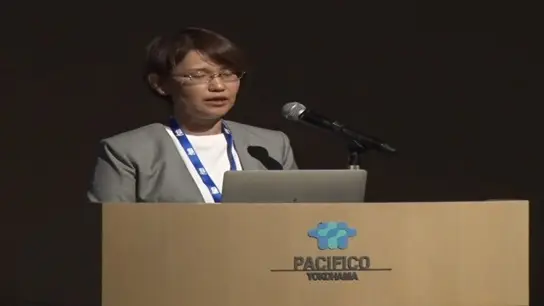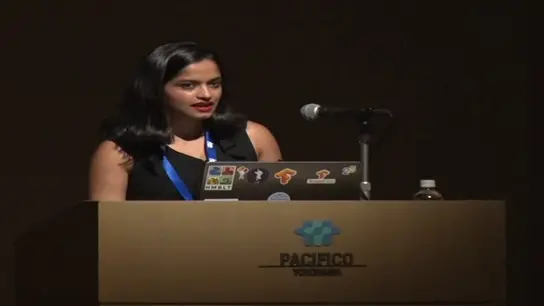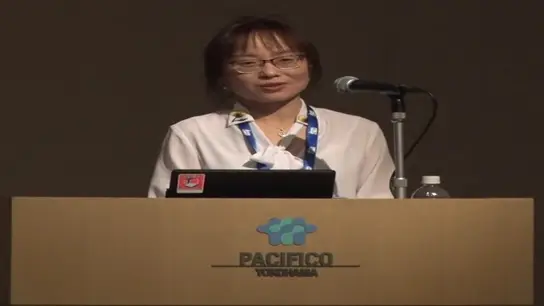Tutorial - Principle and Applications of Semantic GP
Qi Chen,Victoria University of Wellington NZ; Bing Xue, Victoria University of Wellington NZ, Mengjie Zhang, Victoria University of Wellington NZ
-
Members: FreeCIS
IEEE Members: Free
Non-members: FreeLength: 01:46:59
18 Jul 2022
Qi Chen,Victoria University of Wellington NZ; Bing Xue, Victoria University of Wellington NZ, Mengjie Zhang, Victoria University of Wellington NZ
ABSTRACT: Semantic genetic programming is a rapidly growing research track of Genetic Programming (GP). Semantic GP incorporates semantic awareness into GP and explicitly uses more information on the behaviour of programs in the search. When evaluating a program, semantic GP characterises it with a vector of outputs instead of a single scalar fitness value. Research has demonstrated the successfulness of additional behavioural information to facilitate the design of a more effective GP search. In addition, the geometric properties of the semantic space lead to more attractive search operators with better theoretical characteristics. With the geometric information of semantics, the GP dynamics are easier to understand and interpret. Inappropriate behaviours are easier to prevent. All these contribute to making GP a more informed and intelligent method. This tutorial will give a comprehensive overview of semantic GP methods. We will review various ways of integrating semantic awareness in the evolutionary process of GP. In particular, we will introduce geometric semantic GP and review its formal geometric semantic framework, and analyse the theoretical properties of the fitness landscape under this framework. This will be followed by a review of many novel developments of provably good semantic genetic operators. Another aspect is the efficient implementation of semantic search operators, which is still challenging. We will illustrate efficient and concise implementations of these operators. Another focus of this tutorial is to stimulate the audience by showing some promising applicative results that have been obtained so far in many applications of semantic GP including many symbolic regression and classification tasks in the areas of healthcare, civil engineering, natural language processing and so on. We will also identify and discuss current challenges and promising future directions in semantic GP with the hope of motivating new and stimulating contributions.


